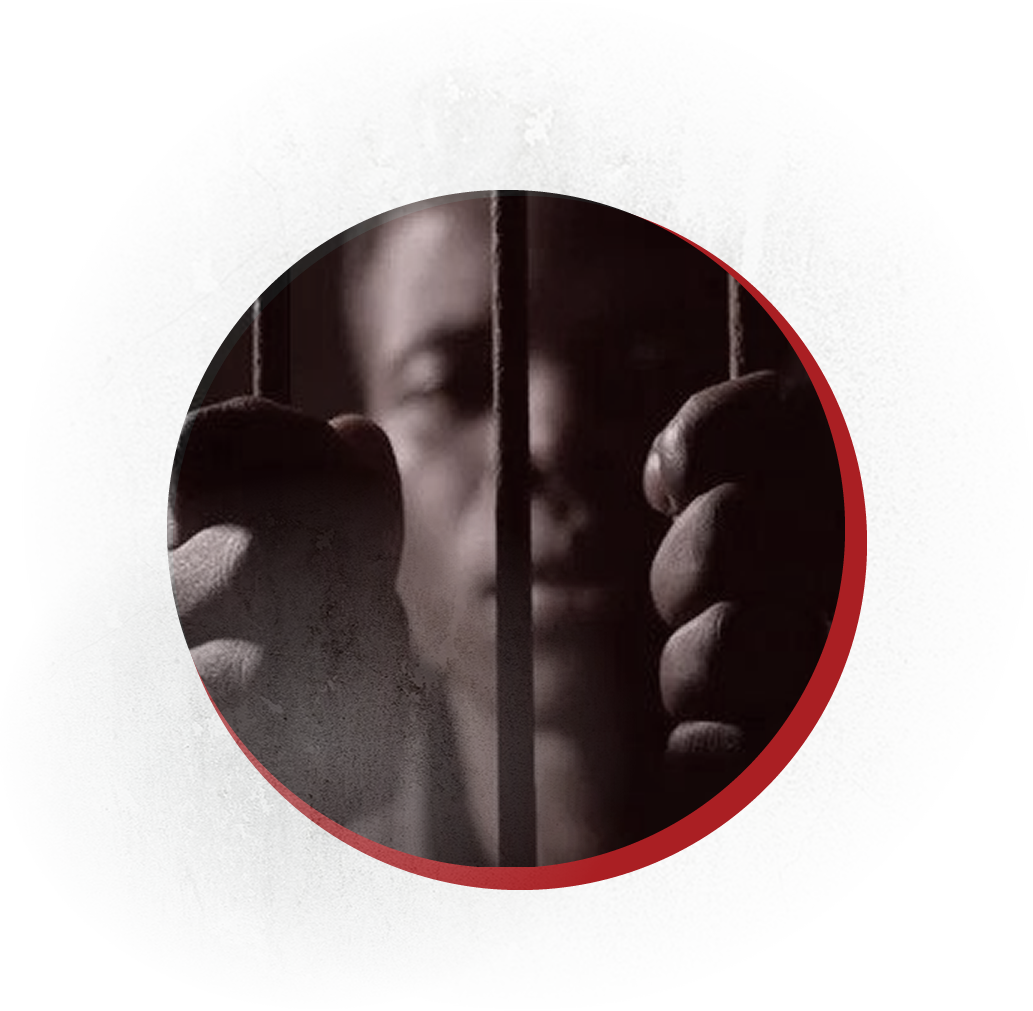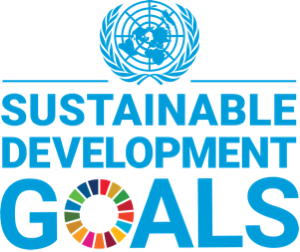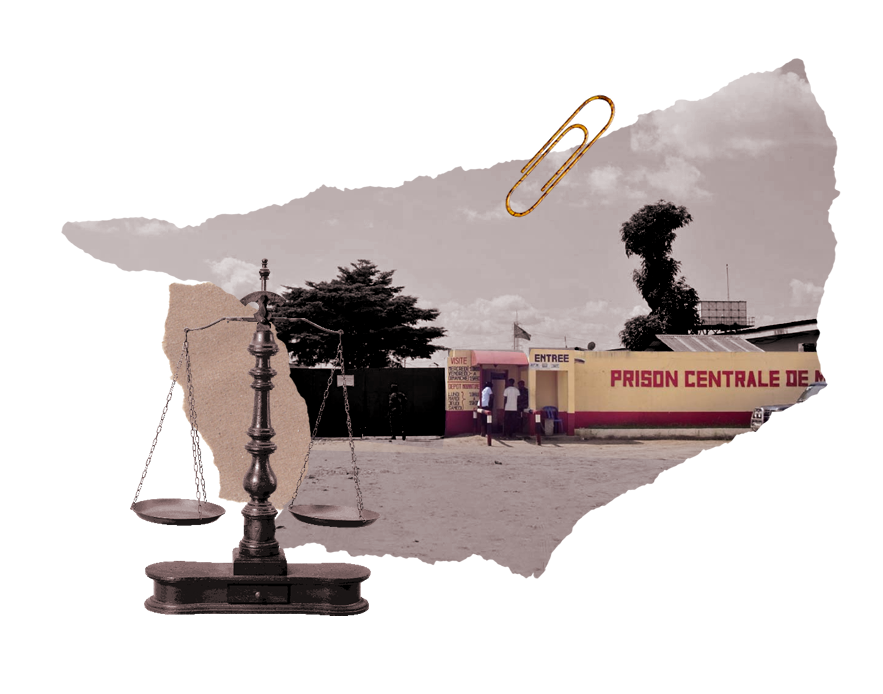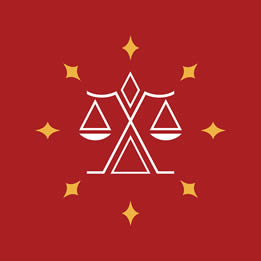« The true measure of any society can be found in how it treats its most vulnerable members. »

Mahatma Gandhi
The Challenge
Access to Justice: A Major Challenge in the DRC…
Access to justice is a fundamental right that extends far beyond citizens access to courts and tribunals. In a democratic society, it guarantees citizens the right to defend themselves and assert their rights. In the DRC, access to justice remains a major challenge, especially for vulnerable individuals. Inequalities, lack of awareness of human rights, mistrust in the judicial system, and financial barriers hinder the realization of justice for all.
... but also, a social and humanitarian emergency
Improving access to justice in the DRC is of paramount importance due to the disastrous consequences prolonged illegal detentions have on human development and the country's economic growth.
Alarming prison overcrowding:
This situation leads to inhumane and degrading detention conditions, violating detainees' fundamental rights and undermining their dignity.
Sexual violence:
Prison overcrowding also increases the risk of sexual violence committed by prison staff or inmates. Women and minors are the primary victims of such abuses.
Worsening poverty:
Detainees are often the primary breadwinners in their families. Their incarceration thus leads to worsening poverty, financial instability, and deteriorating living conditions for their loved ones.
Deterioration of mental and physical health:
Precarious detention conditions have a devastating impact on detainees’ health. Their fragile health impedes their ability to reintegrate into society after their release, further marginalizing them and increasing the risk of social conflicts and tensions.
Our Solution
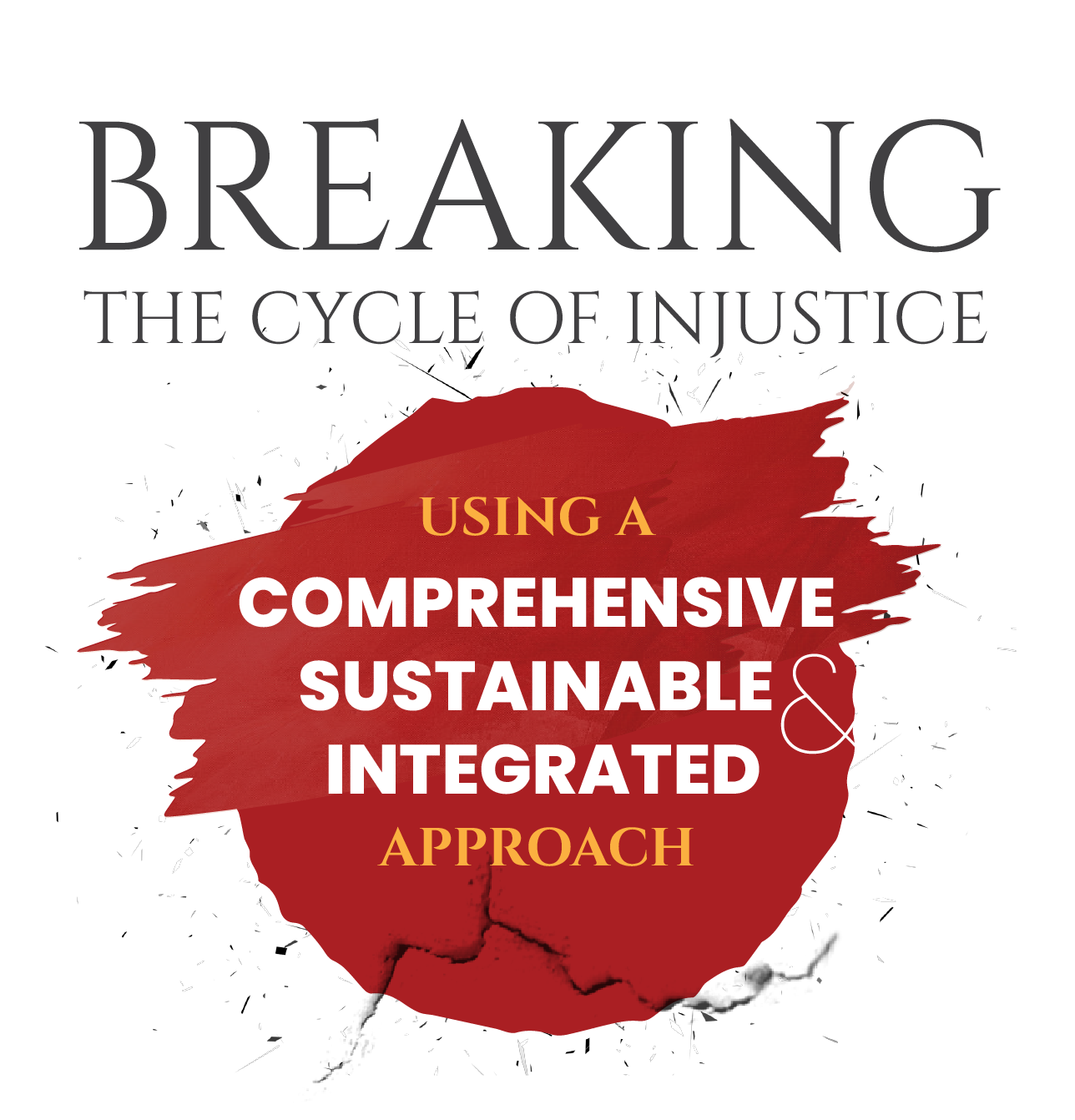
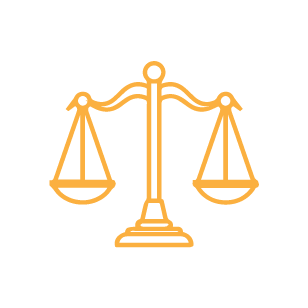
Aid
We provide free legal aid to the most vulnerable detainees
Rehabilitate
We support released individuals in their socio-professional reintegration
Train
We train the next generation of lawyers and public defenders
Raise Awareness
We raise awareness among Congolese citizens about their fundamental rightsOur History
Pilot project
Prisons in the DRC are infamous for the inhumane and degrading treatment inflicted on
detainees (overcrowded cells, lack of food, physical violence, etc.).
In September 2020, we launched the "Dignity & Justice for All" project at the Makala Central
Prison, the main penitentiary facility in Kinshasa where overcrowding has resulted in
numerous deaths. Makala was built in 1957 during Belgian colonial rule to accommodate
1,500 prisoners. Today, it houses more than 10,000, representing an occupancy rate of over
600%.
From January 2021 to August 2022, our team recorded 2,968 cases of indigent individuals in
irregular detention in the database for processing.
Our support
Two types of assistance were provided to detainees depending on the progress of their case.
• Sentence overrun: Many prisoners remain incarcerated for several years beyond their
scheduled release date.
• Detention without due legal process: Cases of pretrial detention that exceed the legal limit of
15 days. Some prisoners are deprived of their freedom for months or even years without any
legal proceedings justifying their detention.
• Forgotten cases: Cases where the investigation was never closed. Sometimes, the case was
postponed, but no further action has been taken for several months. In other instances, the
defendants' files were just lost by the courts.
Our team carries out administrative research within the judiciary to collect the necessary elements for the complete reconstruction of the case files. This meticulous work results in either the release of detainees or the scheduling of special hearings, after which a judgment is finally rendered.
If the case was complex and required the intervention of lawyers, we referred it to KMG, partner law firm of the project. Their lawyers intervened at the level of a public prosecutor's office or a court to closely monitor cases where we noticed that no procedural act had been taken for an abnormally long period.
Results

368
people released thanks to the administrative assistance

21
people released thanks to the legal assistance of our lawyers

8
acquittals obtained




